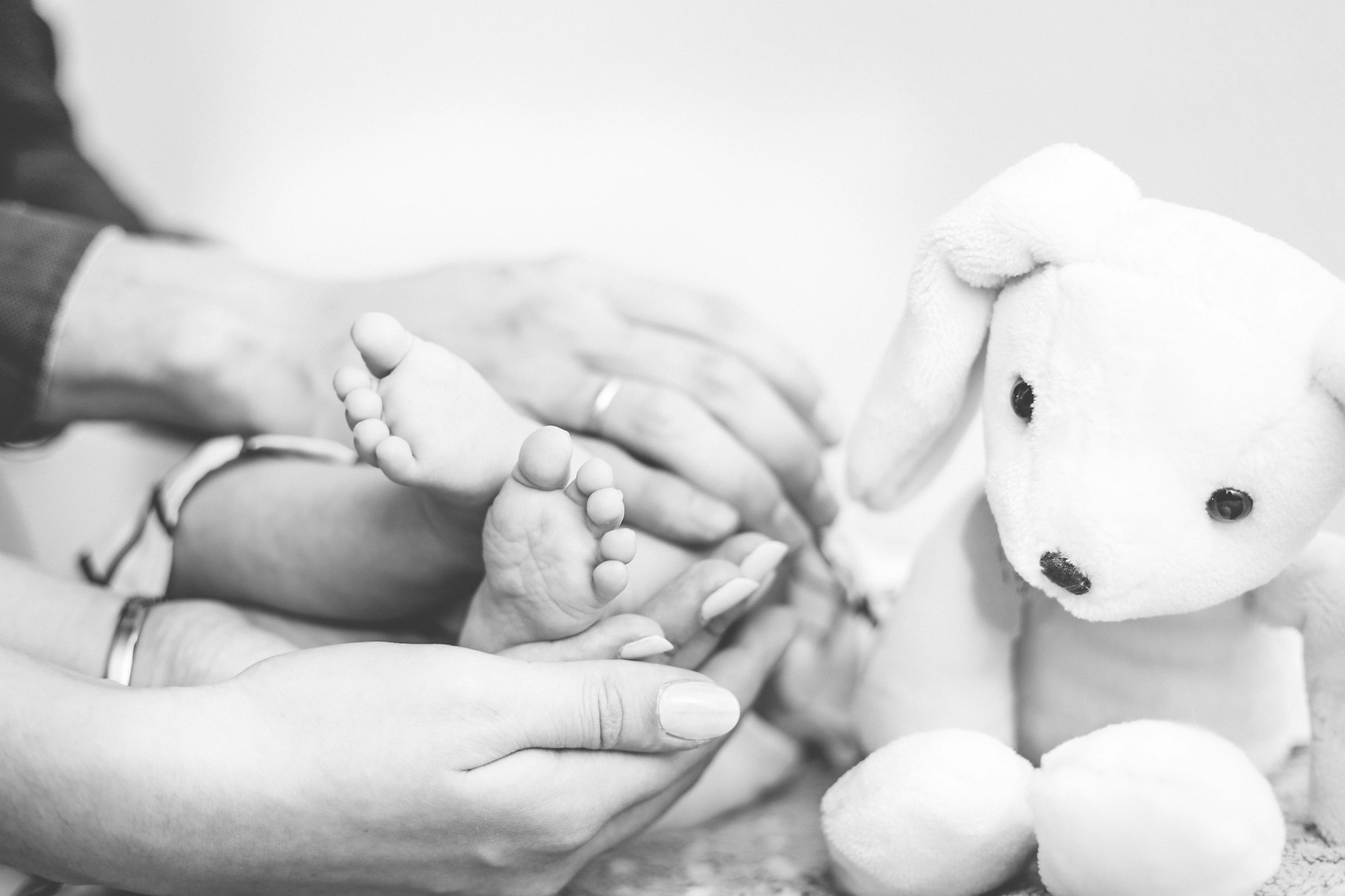Low Blood Sugar in Newborns
Is low blood sugar in newborns serious? It is actually common for babies to have low blood sugar after birth, but breastfeeding early, and often, can prevent and help with low blood sugar in a baby.

Hypoglycemia & Breastfeeding
Is low blood sugar in newborns serious? It is common for babies to have low blood sugar after birth, but breastfeeding early and often, can prevent and help with low blood sugar in a baby.
When a baby has low blood sugar, it does not mean he will develop diabetes; most of the time, the blood sugar levels will normalize after the baby starts to drink well.
Low blood sugar should be treated immediately; if left for too long, it can cause other severe problems like brain damage.

Causes of Low Blood Sugar in Newborns
- While a baby is inside their mother, his blood sugar is controlled by hers via the umbilical cord. The baby will then store some glycogen in their liver during the last three months in utero. This is why low blood sugar is more common in premature babies. They do not yet have the stored glycogen in their liver for regulating sugar.
- Another reason a baby might have low blood sugar is when the mother has diabetes that is poorly managed. This will cause a baby to produce too much insulin after birth.
- The baby may be too cold, stressed out, or might cry too much after birth, which can also cause hypoglycemia.
- A baby with low blood sugar may produce too little glucose, which can be caused by brain injury or metabolic problems. This is a very rare occurrence.
Babies at Higher Risk of developing Hypoglycemia
low blood sugar in newborn babies is most commonly found when the mother has diabetes.
- Babies who are premature or who are a very low birth weight are at higher risk.
- A smaller twin has a higher risk of becoming a low-blood-sugar baby.
- Babies with colds or respiratory problems after birth.
- Mothers who had long labors.
- Babies who are under stress during delivery.
- Babies who get too cold after birth are not allowed skin-on-skin contact.
- Mothers who are given intravenous fluids containing glucose.

Tushbaby Hip Carrier
With its ergonomic design and comfortable waistband, Tushbaby provides optimal support for both you and your baby, allowing for bonding on the go. Say goodbye to shoulder and back pain from traditional carriers, as Tushbaby evenly distributes your baby's weight, relieving strain and promoting better posture.
Help your Baby and Prevent Low Blood Sugar in Newborns.
- Breastfeed as often as you can. Breast milk will help stabilize a baby’s blood sugar levels.
- Keep your baby warm and prevent your baby from crying for long periods at a time after birth. Skin-to-skin contact and kangaroo care are recommended.
- It’s best to breastfeed your baby as quickly after birth as possible, even in the delivery room if you can.
- If your baby is not sucking properly, you can pump the colostrum and cup-feed your baby. Even a tiny amount of colostrum can help regulate your baby’s sugar levels.
- Breast compressions can increase the flow of milk and the amount of milk/colostrum transferred to a baby.
- If the mother is diabetic, she should eat well and control her diabetes properly during her pregnancy.
- If supplements or donated breast milk are given to a baby, ensure they are given without using artificial nipples, which can cause nipple confusion. There are many alternative ways to feed a baby, including using an SNS; this allows a baby to stay on the breast while being supplemented.
Once feeding is established, newborn low blood sugar is usually not a problem anymore.
